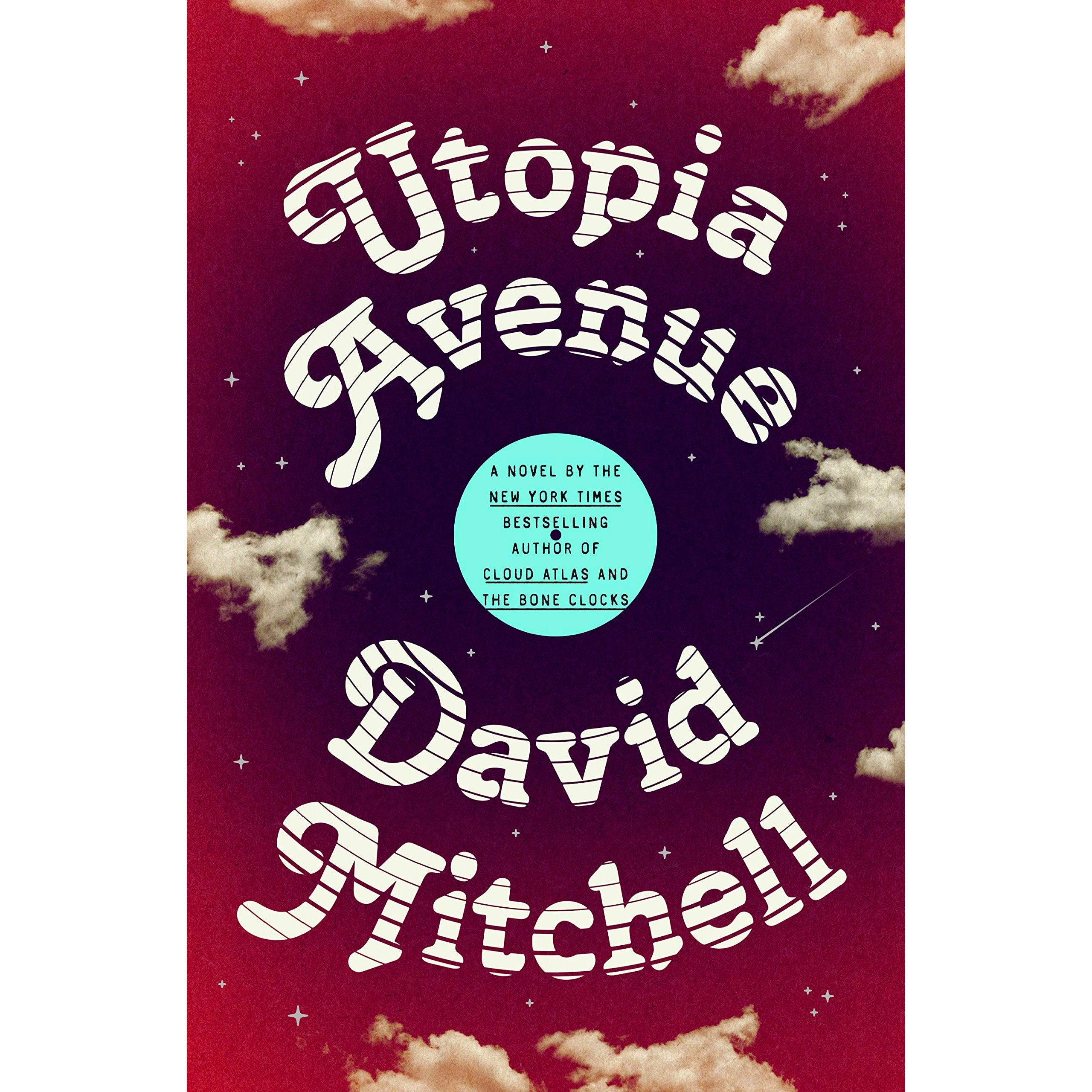

The research doesn’t push itself to the front of the picture, but it provides a solid, fine-grained background. I felt I was in safe hands: I believe that Jagger actually said the things attributed to him, that Mama Cass gave such sex-and-marijuana parties (in fact I’m pretty sure I’ve seen one just like it in a movie), that Leonard Cohen spoke with this flirtatious formality, that radio and television shows were tacky in something close to this way. The band members sit and discuss the newly-released Sergeant Pepper’s track by track.
/https://www.thespec.com/content/dam/thestar/entertainment/books/2020/07/09/bestselling-author-on-letting-new-novels-fictional-rockers-rub-shoulders-with-david-bowie-and-jimi-hendrix/utopia_avenue.jpg)
Words of wisdom are quoted from Mama Cass and Mick Jagger. Francis Bacon presides over a whole chapter. Historical figures make cameo appearances: Brian Jones, David Bowie, Janis Joplin, Leonard Cohen – and Jimmy Saville with the faintest whiff of the revelations to come much later. We are often told what song is playing in the background, and although I was living in a monastery in the years in question, this evokes the flavour of the times wonderfully. There’s careful attention to period details – how to make a phone call and why you might hesitate to call internationally, how to negotiate sexual politics when the world is on the cusp of second-wave feminism, how to manage the politics of the US war in Vietnam when you’re a ‘non-political’ band, the meaning of long hair. It feels animated by a love for that moment in pop history (roughly the time when David Mitchell was being born, I just found out). Plus a brief reunion fifty-one years later.Įven though the book is unmistakably fiction, it has a powerful documentary quality. The novel charts the band’s progress from their coming together, to their disastrous first gig, to a painful but comparatively rapid rise in the charts, to success at home and in the USA and (not a spoiler) their eventual break-up.

Its longer sections are named for the band’s three albums. Three of the four band members are song-writers, and the book’s chapters are named for their songs. The book takes its title from Utopia Avenue, a fictional English rock band in the late 1960s: a socially awkward guitar player from a wealthy Dutch family who wrestles with his personal demons (word chosen carefully), a working-class bass player with long hair and a troubled relationship (an understatement) with his father, a rough Yorkshire lad on the drums, a middle-class woman folk-singer who is a wonder on the keyboards, and their Canadian manager, a decent man who gets them together and believes in their talent. Once again, the Book Group has taken me off my customary reading track. Before the meeting: This is the first book by David Mitchell that I’ve read.


 0 kommentar(er)
0 kommentar(er)
